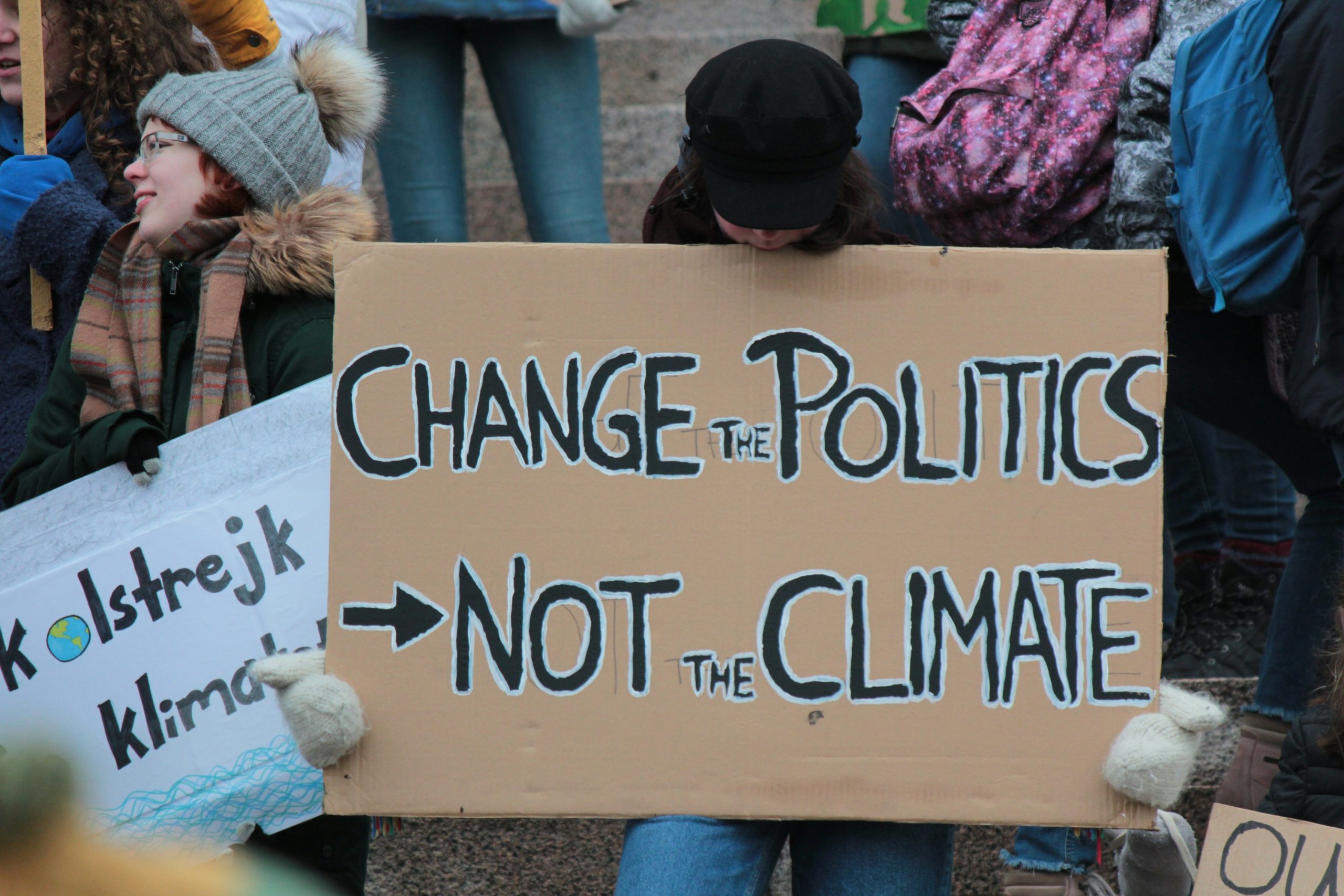
COP28 is still relevant, and it would be a mistake to forget it.
While the frenzy around COPs may arise speedily and die down just as fast among most stakeholder groups, their impact is far reaching – they set the tone for the year ahead, and lay the foundations for the years after that.
They provide a vital forum for activists to exert pressure on policymakers and shine a bright spotlight on their issues of concern, boosting visibility among key audiences – this much is clear. But they lend activists a helping hand in other ways, too.
A Forum for Joint Action
They offer an important moment for activists to collaborate and share knowledge in order to work on joint priorities for the coming year. Campaigning data shows that activists drive an issue to new heights of prominence when they build coalitions – pooling resources, coordinating actions and arguments, and ensuring that policy windows are forced open and exploited. It’s no coincidence that past years have seen meaningful progress on a coal, loss & damage, greenwashing, etc., with these topics having seen a heavy focus at COPs.
A Rare Moment of Unity
But COPs also work in more mysterious ways than just aiding coordination. They are unique in how they bring together diverse stakeholder groups into a (sort of) united front. Nearly everyone at COP claims, in some way, to be working to mitigate the climate crisis, for people and planet. Every country at COP has a veto on the final agreement. So when that agreement is made, however ‘watered down’ it may seem to some, it feels like it means something.
This is how activist campaigning works: by changing the narrative, changing the foundations on which the next year will build. The impact of activism is felt first in what we feel, think, and say. Through this, NGOs hope to change what we all do – public, policymakers, and business alike. This is where the advantage lies for businesses who engage constructively with activism.
Why Should Businesses Care?
If you look first at what NGOs say, before they force you to change what you do, you can get ahead. COP events are important, and we should not just look towards them in order to anticipate and mitigate concrete reputational and potential regulatory risks. We should look back at them, in order to understand the creeping risks and opportunities that might not be upon us now, but are just around the corner.
What our clients say
What our
clients say
“In our experience, SIGWATCH is one of the few sources of ESG data we can absolutely trust to be reliable.”
“Our company is based in Japan. Most employees are Japanese and we don’t really know what is happening around the world. SIGWATCH gives us visibility of the global ESG issues and trends we need to have on our radar.”
“With SIGWATCH, we’re able to absorb NGO data in an awesome way that
simply wouldn’t be possible otherwise. We can hear the NGOs’ voice, to better
strategize and get ahead of trending issues.”
“With social listening, we’re limited to knowing what people are saying only about OECD. With SIGWATCH, we see not only what is being said about us, but also what is being said about everyone else.”
“A lot is said and written about sustainability and ESG every day but no one,
apart from SIGWATCH, provides the big picture, SIGWATCH offers a comprehensive overview of what’s happening in the corporate sustainability
world rather than just a narrow snapshot.”
“SIGWATCH is a good source to show that NGOs are watching us and watching our clients, and we definitely need to be aware of the issues they are bringing up.”

